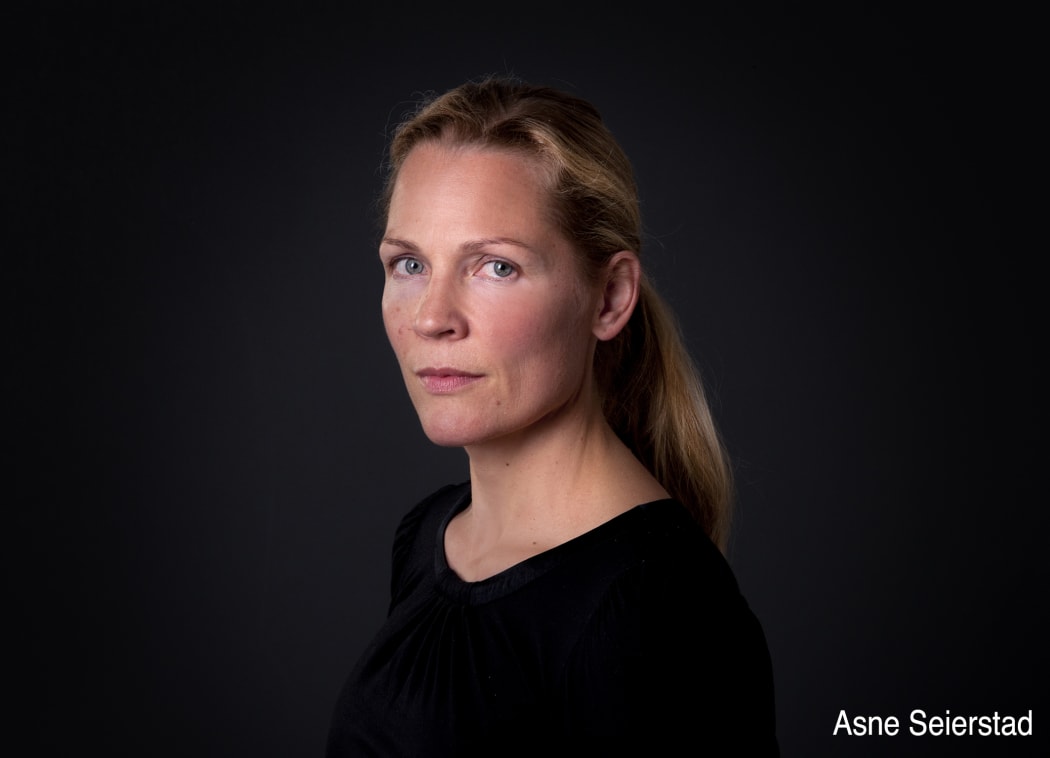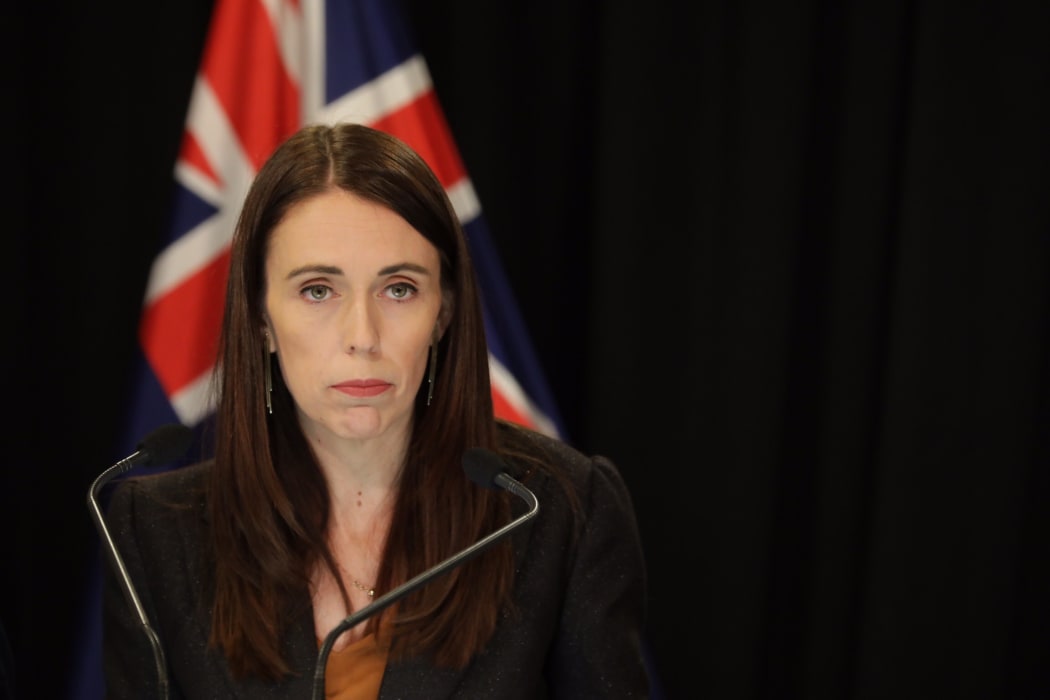An act of terror has no place in an argument for or against immigration, says investigative journalist Åsne Seierstad, the author of the non-fiction book One of Us: The Story of Anders Breivik and the Massacre in Norway.

Photo: supplied
In 2011, far-right terrorist Anders Breivik killed 77 people in Norway. He had espoused anti-immigration views.
That country was able to keep his murders out of their public debate about immigration, Seierstad says, and she hopes that, in the wake of the Christchurch terror attacks, New Zealand will be able to do the same.
The Norwegian government includes both immigration sceptics and those who are pro-immigration and both sides have valid arguments, she says.
"This attack should not be part of an immigration debate, it's about extremist views radicalised on the internet. It's not really about current affairs, even though [it is]. I think it's important to keep [the Christchurch terror attack] out of [New Zealand's immigration debates] if you're able to."
There are similarities in the Norway and Christchurch attacks, Seierstad says.
Breivik intended to live-stream his crime on YouTube – but wasn't able to.
"A lot has happened on the internet in those eight years," Seierstad says.
"He definitely wanted his crimes to be out there."
Seierstad has described Breivik's background as a life "full of shame, failures, abuse and rejections".
"It's not that a rough start in life will make you into a terrorist but it is a common denominator.
"If you commit violent crimes you are more likely than not to have had that kind of upbringing, unfortunately … If you feel weak, you want to belong to something strong."
During his ten-week trial, Anders Breivik was given 30 minutes to tell his own story uninterrupted – he "failed", Seierstad says.
"When he didn't have his cut-and-paste manifesto there, he didn't rise to the occasion. He was sounding a bit weak and not very consistent … And, importantly, there were no audio or film recordings.
"The trial never became the stage that he dreamed of, the stage to create followers."

Photo: RNZ / Rebekah Parsons-King
Like New Zealanders are doing, Norwegians discussed the negative impact of using Breivik's name publicly after the massacre, Seierstad says.
She commends Jacinda Ardern's "brilliant" leadership since the Christchurch attack– and her decision, as prime minister, not to name the attacker – but says her own role as a journalist requires her to speak in different terms and play a different role.
"We need to study [terrorists] because if we don't know who they are how can we defend ourselves against them?"
Seierstad says that she intended the title of her 2013 book about Breivik– One of Us – to be open-ended, leaving it up to readers to define whether he was still "one of us" after committing mass murder.
"It is human beings who commit evil. They're not some alien, nameless people that are different from us.
"We have to look at them and discuss their ideas, but we can't just spew out their propaganda."
Seierstad believes the internet needs to be better monitored to prevent radicalisation – and says the quashing of Islamic State's internet presence proves that it can be done.
"The presence of ISIS online has been crushed by 90, 95 percent. If you look at 2013 up to 2017, they were everywhere … you could click and get their videos – the beheadings and the recruiting videos … how to join ISIS, how to marry an ISIS bride. But that was controlled."
The white supremacy movement is more decentralised, but it is possible to counter it with the same method, she says.
"You don't just take down the account and wait for it to pop up somewhere else – you take down the followers. If you take down those that follow the different sites, they can't just pop up again.
"This is police work and intelligence work and security work that should be done."
But a higher level of security comes at a price, Seierstad adds.
"If we want to crush this, probably we have to accept some more surveillance – otherwise we don't get anywhere. That's a democratic question. It's up for voters to decide."
Åsne Seierstad is an award-winning journalist and the author of The Bookseller of Kabul, One Hundred and One Days: A Baghdad Journal, Angel of Grozny: Inside Chechnya and Two Sisters: Into the Syrian Jihad.
In 2011, she spoke to RNZ's Simon Mercep about her book One of Us.
In 2018, she spoke to RNZ's Kathryn Ryan about her book Two Sisters: Into the Syrian Jihad.

